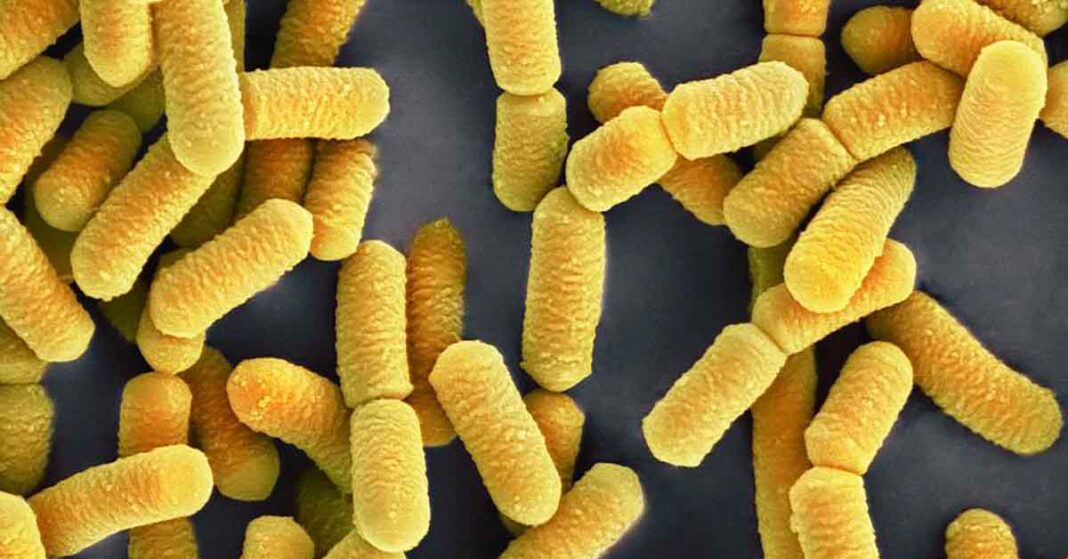After evidence that the introduction of the probiotic strain lactobacillus rhamnosus had an anti-inflammatory effect in children with atopic dermatitis (eczema), researchers at Murdoch Children’s Research Institute (MCRI) sought to determine how a probiotic added to peanut oral immunotherapy (OIT) would affect outcomes.

The team led by MCRI Professor Mimi Tang had previously shown that the combination treatment resulted in 74% achieving remission after 18 months of treatment, and 70% of those initial responders remained in remission and were eating peanut safely four years later. The next step was to test whether adding a probiotic gave a benefit over and above oral immunotherapy on its own and to compare long-term outcomes following treatment.
The randomized controlled trial conducted at The Royal Children’s Hospital in Melbourne, Perth Children’s Hospital, and the Women’s and Children’s Hospital in Adelaide involved 201 children aged between 1-10 years. The trial was staged over four years, with participants followed up to 12-months post-treatment.
The new research, published in The Lancet Child & Adolescent Health, found after 18 months of treatment, 46% and 51% of children who received the combination treatment or the oral immunotherapy alone, respectively, were in clinical remission compared to 5% in the placebo group. The children who reached clinical remission were able to stop treatment and eat about a standard serving of peanut freely. Both treatments also led to a significant improvement in quality of life, with those children who achieved clinical remission experiencing the biggest improvement, greater than those who only achieved desensitization.
Said Professor Tang:
The results show that high-dose peanut oral immunotherapy provides meaningful benefit to treated children. After 18 months of treatment, 74 per cent of children who received the oral immunotherapy tolerated roughly a standard serve of peanut, equal to a snack pack of peanut M&Ms, 51 per cent achieved clinical remission and were able to stop treatment altogether, while the remaining 24 per cent were desensitized to this amount of peanut.
Addition of a probiotic did not significantly improve effectiveness compared to oral immunotherapy, however it appeared to enhance tolerability of the treatment, with fewer gastrointestinal symptoms, especially in children between one and five years of age.”
Dr Paxton Loke of MCRI said remarkably 99% of children who achieved remission and ceased treatment were eating peanuts as frequently as they liked in the 12 months after stopping treatment.
He said:
Children who were in clinical remission had fewer reactions to peanut compared with those who were just desensitized.
Being desensitized still requires continued daily treatment and allergen avoidance so remission appears to be a better outcome for children. Importantly, children in remission had a significantly improved quality of life compared with allergic children, suggesting that no longer having to avoid peanut provides greater benefit than continued allergen avoidance despite the risk of a possible reaction.
PRT120 — the therapeutic used during the OIT treatment — applies a proprietary high dose, rapid escalation regimen that is being developed by Prota Therapeutics as a lead candidate for the treatment of peanut allergy. Prota Therapeutics is an Australian biotech company, focused on bringing its allergy immunotherapy treatment for children with life-threatening peanut allergies to market.
- Probiotics added to peanut oral immunotherapy have no effect on remission but reduce GI symptom burden — Hospital Healthcare Europe
- Researchers discover two treatments that induce peanut allergy remission in children — MCRI Press Release
Sign and Share the Petition to Make Much Needed Changes to Allergy Labeling





